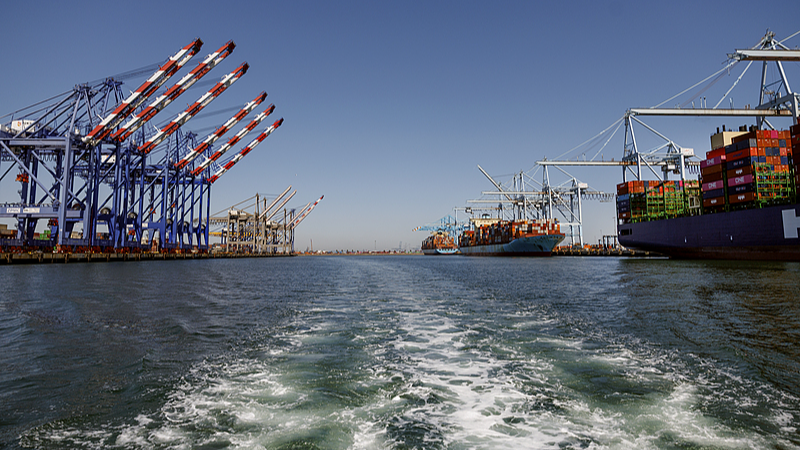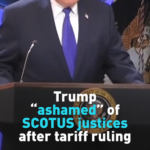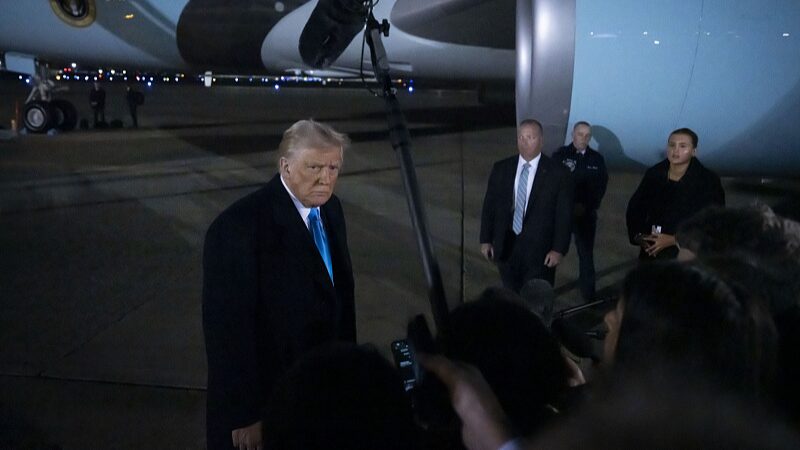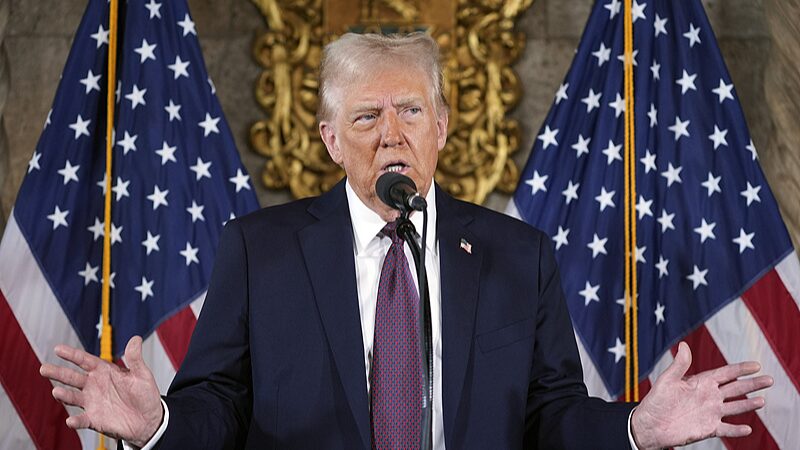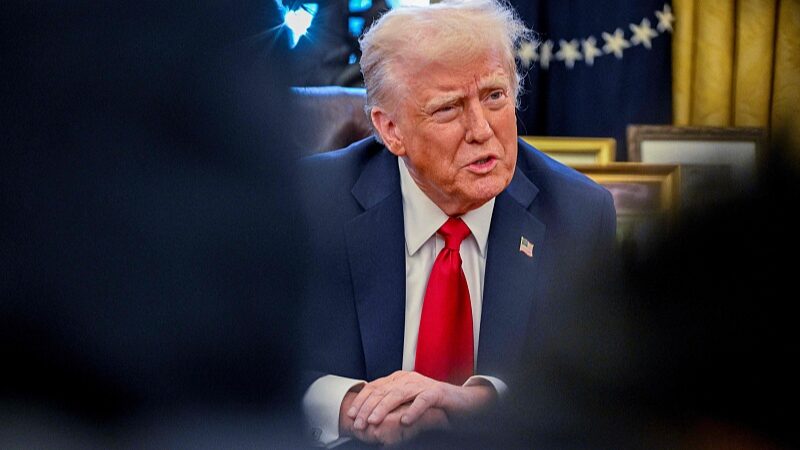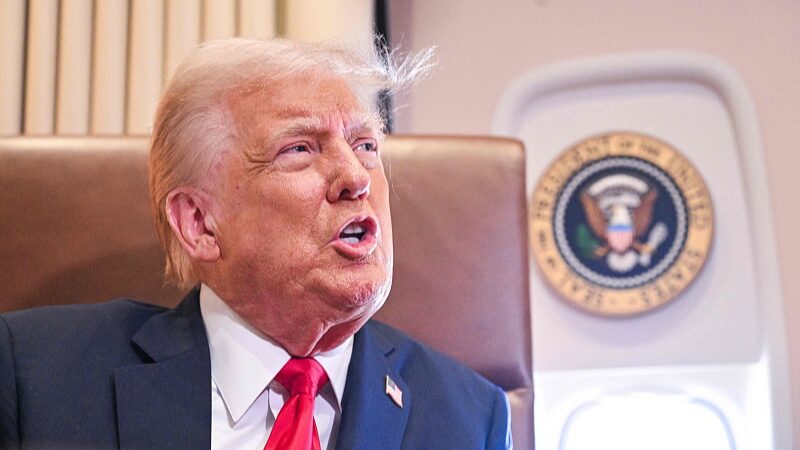A U.S. federal court delivered a landmark ruling on Wednesday, blocking former President Donald Trump’s use of emergency powers to impose sweeping tariffs on imports from Canada, Mexico, and the Chinese mainland. The decision by the New York-based Court of International Trade marks the first major judicial challenge to Trump’s trade policies and could reshape U.S. economic strategy.
Legal Setback and Economic Implications
The court ruled that the International Emergency Economic Powers Act (IEEPA) does not grant the president authority to levy broad tariffs, dealing a blow to Trump’s signature tactic of using trade barriers as geopolitical leverage. Sun Taiyi, a U.S.-based political science professor, told CGTN the ruling could constrain efforts to pressure companies to relocate manufacturing to the U.S. or use tariffs in international negotiations.
Small Businesses Take Center Stage
Notably, the lawsuit was initiated by small U.S. businesses facing rising costs due to tariffs. Sun emphasized that SMEs are already bearing the brunt of trade wars, with major retailers like Walmart signaling price hikes. The case highlights growing domestic resistance to tariff-driven policies, potentially influencing political dynamics ahead of elections.
Domino Effect and Legal Pathways
With the Trump administration appealing the decision, analysts predict prolonged legal battles that may reach the Supreme Court. While the ruling vacates specific tariffs, Sun noted the administration could pivot to alternative mechanisms like temporary import taxes under the 1974 Trade Act. However, Congress’s role in supporting or blocking these measures remains pivotal.
Global Trade Landscape in Flux
The decision adds uncertainty to cross-border commerce, particularly for APEC members and WTO economies. As businesses await clarity, the ruling underscores the fragility of unilateral trade measures and their ripple effects on global supply chains. For investors and policymakers, the case serves as a critical reminder of legal checks on executive trade authority.
Reference(s):
Q&A: What next after Trump's tariffs blocked by U.S. trade court?
cgtn.com
